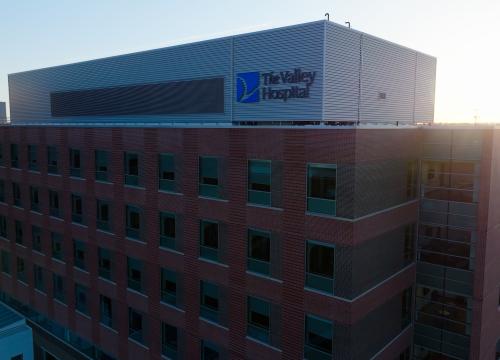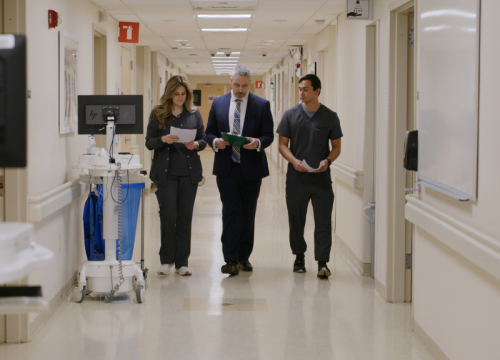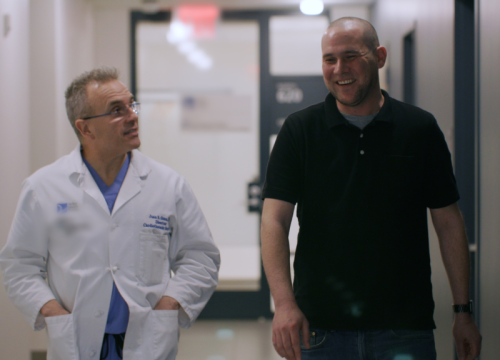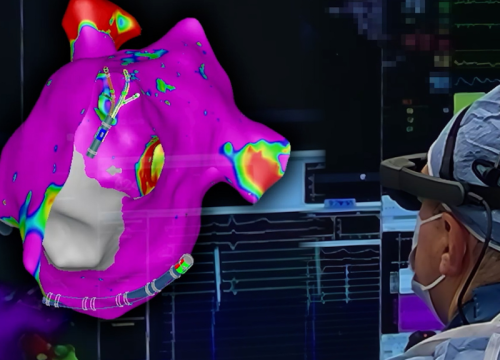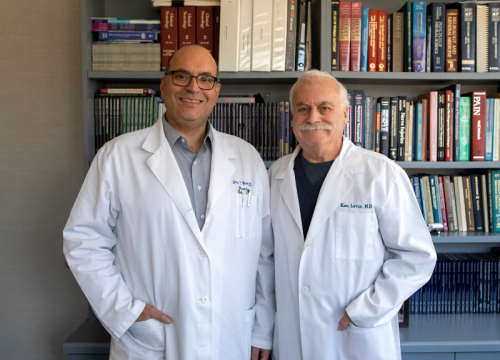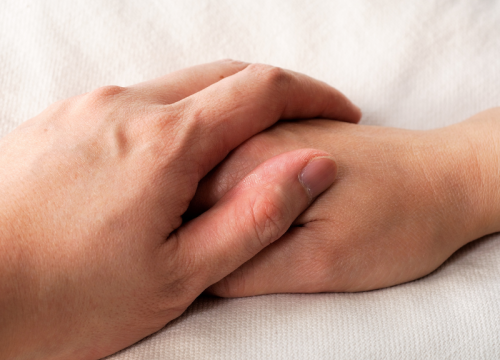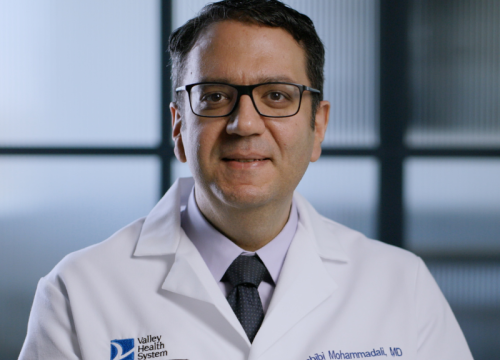In gastric bypass surgery, the surgeon staples off a large section of the stomach, leaving a tiny pouch. Patients simply can't eat as much as they did before surgery because this small pouch can only accommodate a few ounces of food at a time, and they subsequently lose weight. Additionally, because most of the stomach and some of the small intestine have been bypassed, some of the nutrients and calories in your foods will not be absorbed.
It is important that patients who have had a gastric bypass procedure make a lifelong commitment to making the necessary changes in their diet. This includes maintaining an adequate intake of protein, taking vitamin and mineral supplements including a multivitamin, B12, iron, and calcium, and avoiding sweets and fatty foods.
Estimated weight loss in the first one to two years after a Roux-en-Y gastric bypass is approximately one-third to two-thirds of excess weight. Fifty percent excess weight loss has been documented 10 years and more after gastric bypass.




